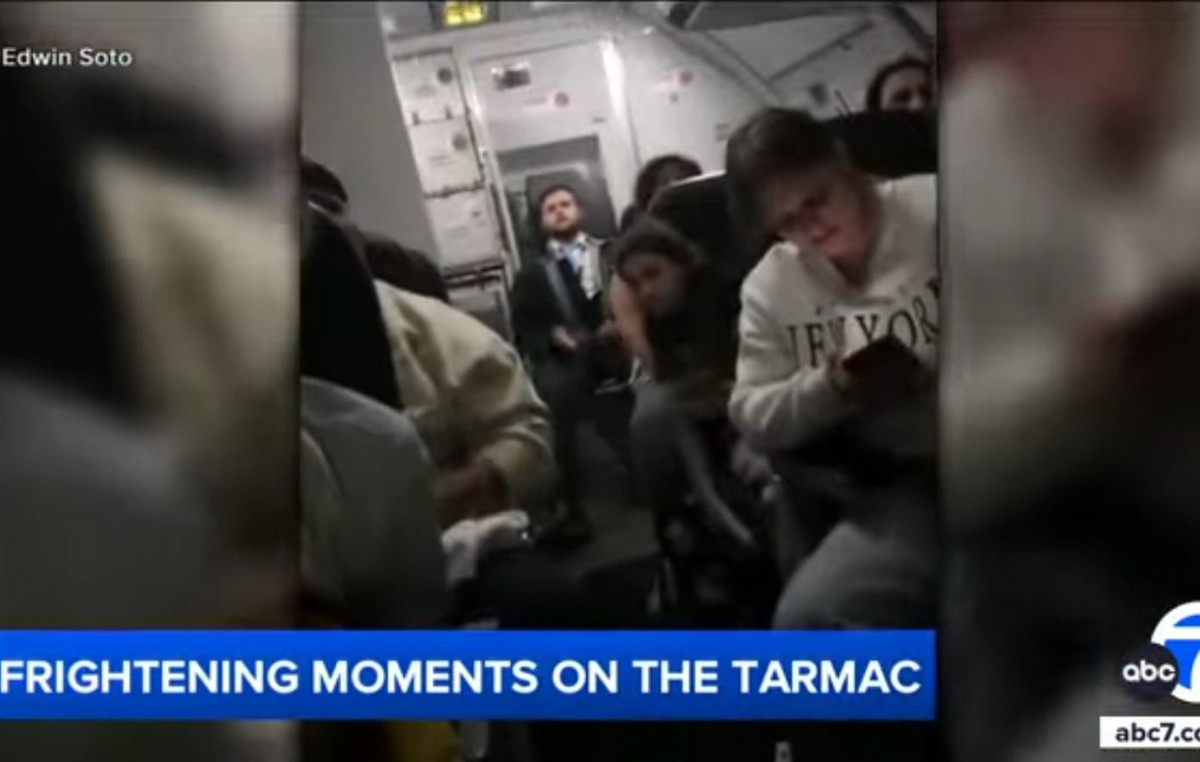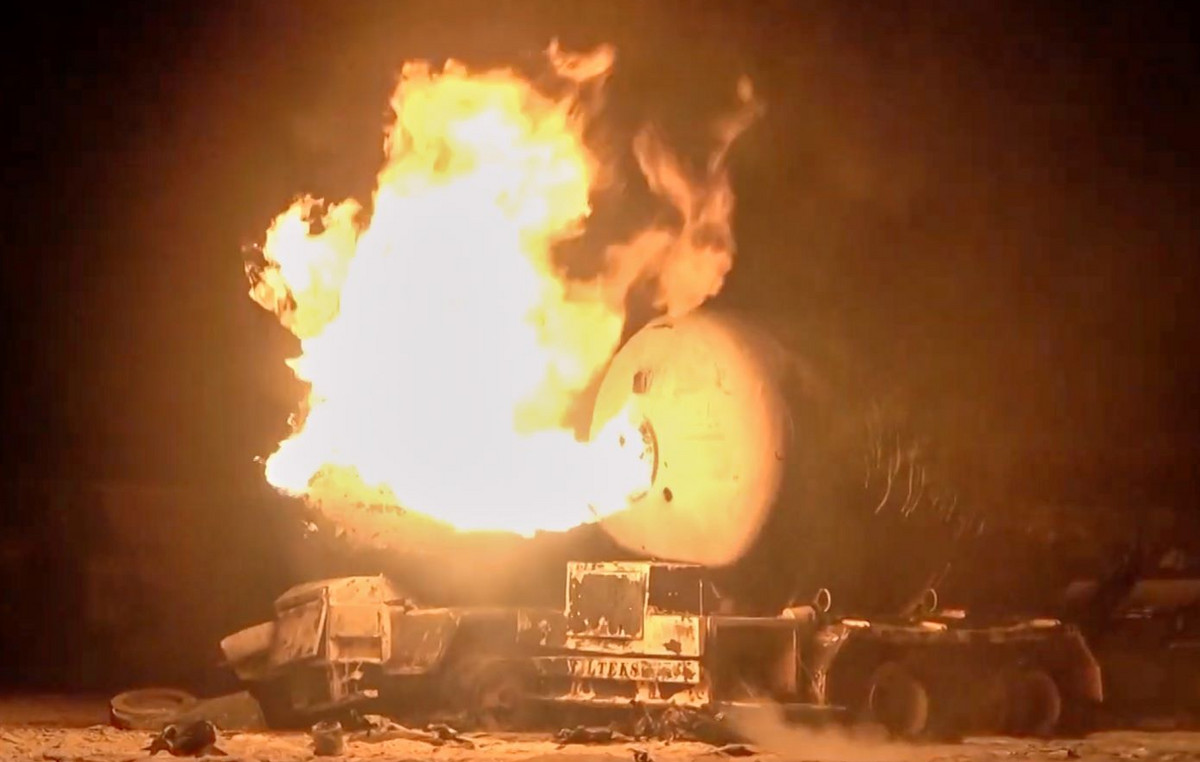It is spreading faster and faster, leaving behind a record number of infections while fueling a wide debate about how much it differs from previous mutations.
The reinfection capacity of the Omicron variant appears to be unprecedented. But the data also says it causes milder symptoms, especially among those who have already completed the vaccination course, the most common of which include dry cough, sore throat, mild fever, night sweats. However, new cases also describe an unusual type of complication that would strike in the middle of the night: the sleep paralysis.
Tim Spector, a professor of genetic epidemiology at King’s College London, told the British magazine Express that symptoms can vary depending on an individual’s vaccination status.
However, it is true that on English social media there is an increase in cases describing significant sleep disturbances after contracting the virus, including episodes of paralysis.
What Happens During Sleep Paralysis
Sleep paralysis occurs when an individual is unable to move or speak upon awakening or falling asleep. It can be a scary experience, but it is harmless and most people can experience it no more than once or twice in their lifetime.
Basically, sleep paralysis occurs when you are unable to move your muscles since you are in sleep mode even though your brain is active. This happens, in particular, while entering or exiting the REM phase, or when dreams become more vivid and the brain paralyzes most of the muscles, excluding the heart and lungs, to prevent the body from moving. Sleep paralysis therefore occurs when this “muscle block” persists even in wakefulness.
How long does sleep paralysis last
Such episodes can last from a few seconds to several minutes and are not inherently dangerous, but they can generate a lot of fear. In the most extreme cases they could also include hallucinations (visions, sounds or moods) that probably occur due to continuous dream activity in some brain circuits.
An article published in Journal of Clinical Sleep Medicine last April was one of the first to delineate sleep disturbances related to COVID-19. The researchers described a marked increase in sleep fragmentation among quarantined patients, suggesting that sleep paralysis was more of a side effect of the pandemic itself, and not of the virus.
More recently, however, sleep therapy expert Dr. Kat Lederly told al MailOnline that it could be the virus infection itself that is impacting sleep regulation in the brain, given that neurological effects related to Covid have also been reported.
«I think however that increasing cases of sleep paralysis may also be due to the stress resulting from major changes in the way we are living our lives right now, to the uncertainty and anxiety we are facing and which are inevitably having a strong impact on our sleep system, ”the therapist said.
Other stories of Vanity Fair that may interest you
«Flurona», or Covid and influence together. Here’s what we know about double infection
Omicron variant, the doctor who discovered it: “Mild symptoms, exaggerate travel restrictions”
Omicron variant: are anti-Covid vaccines effective? Here’s what we know so far
Will we have to get a Covid-19 vaccine every year?
Covid 19 vaccine: when to take the third dose, who can do it and how
Donald-43Westbrook, a distinguished contributor at worldstockmarket, is celebrated for his exceptional prowess in article writing. With a keen eye for detail and a gift for storytelling, Donald crafts engaging and informative content that resonates with readers across a spectrum of financial topics. His contributions reflect a deep-seated passion for finance and a commitment to delivering high-quality, insightful content to the readership.







